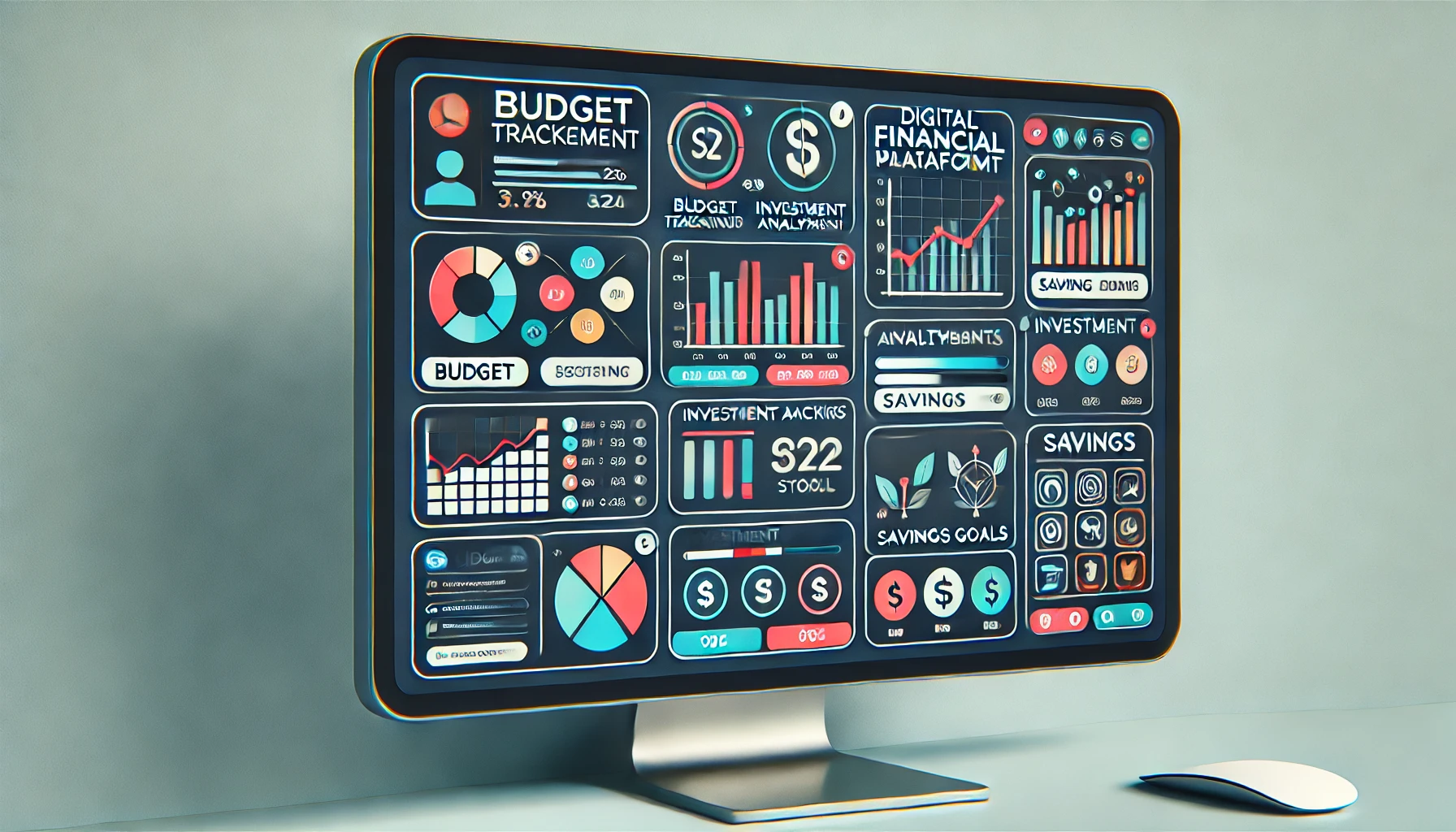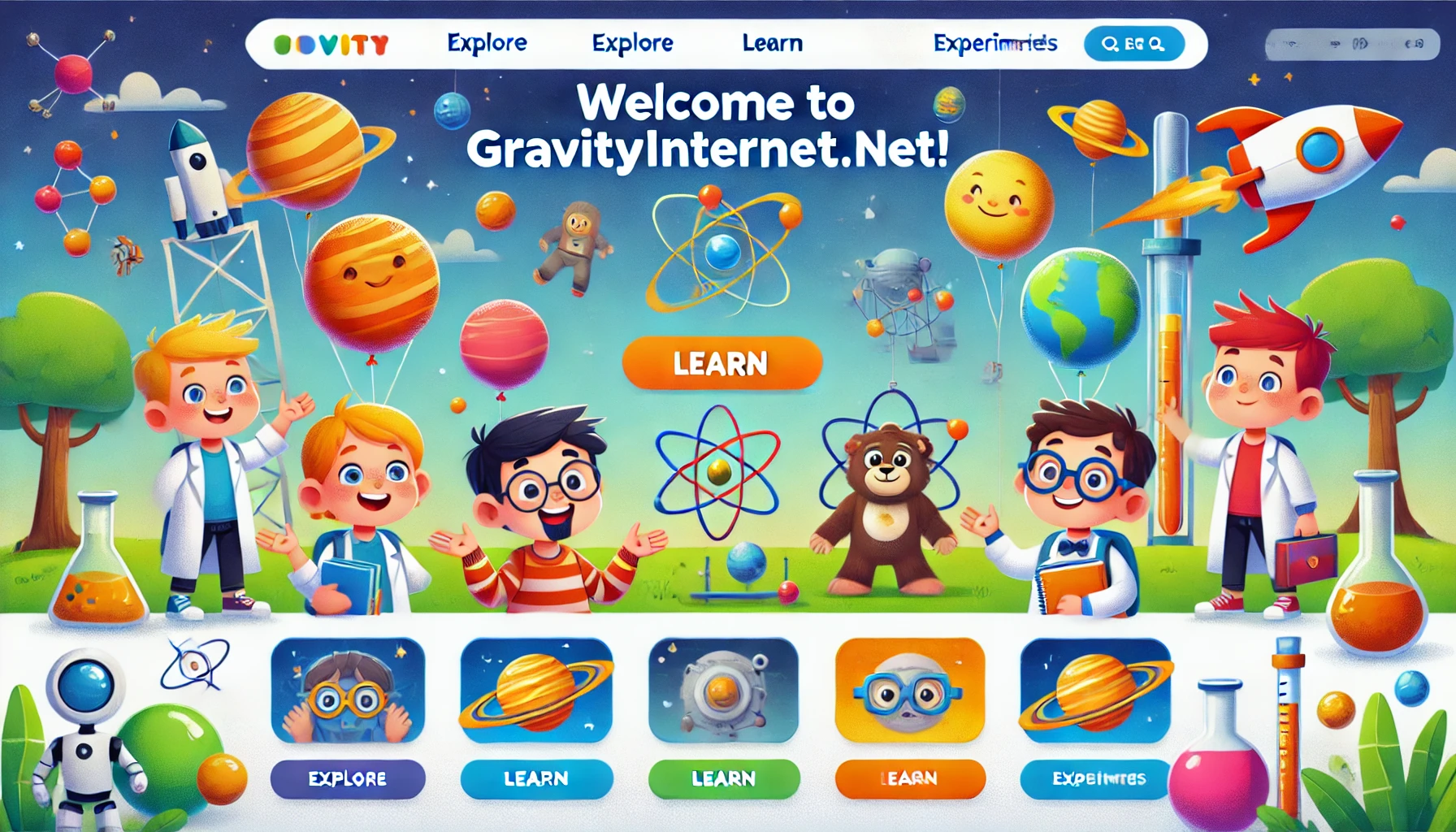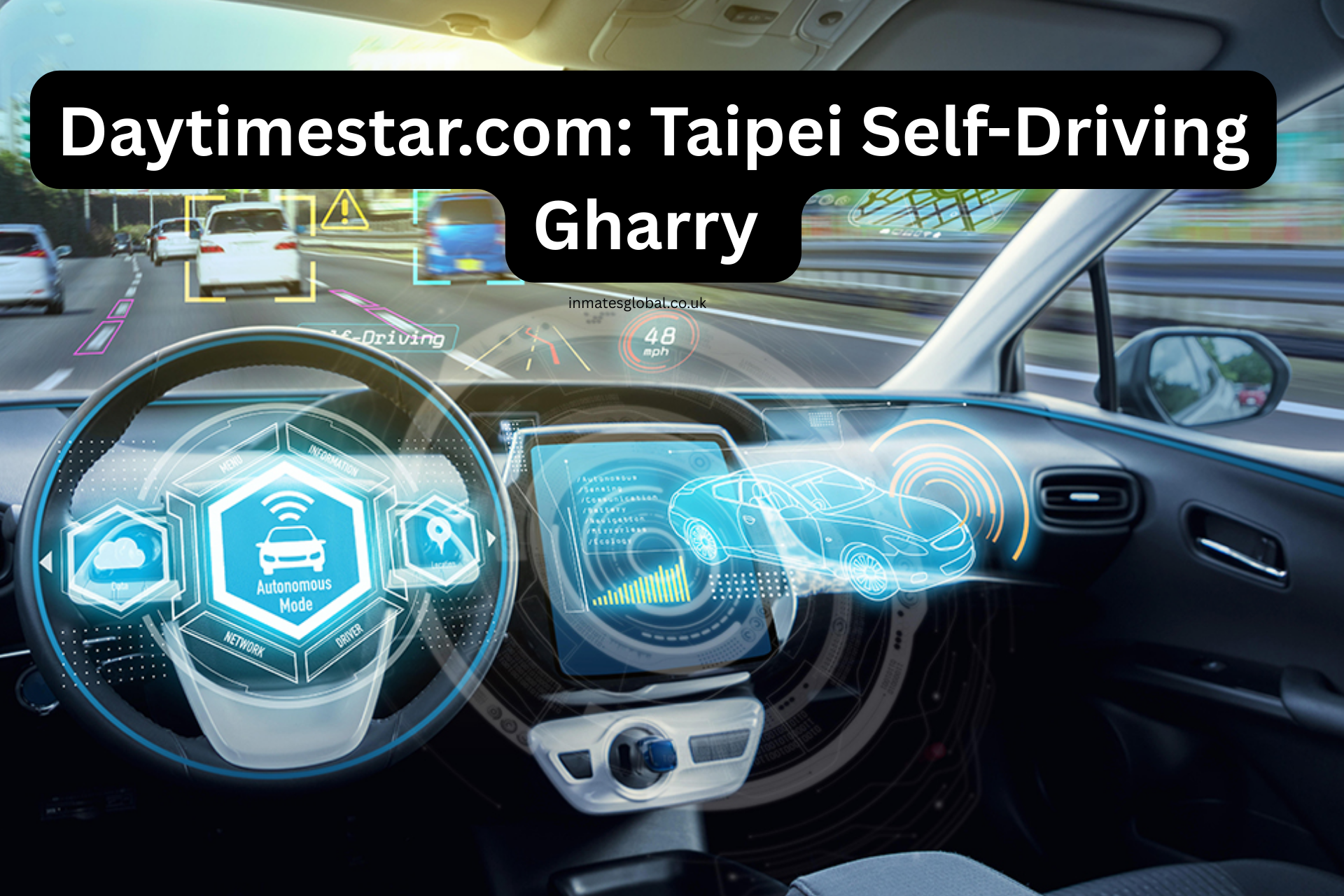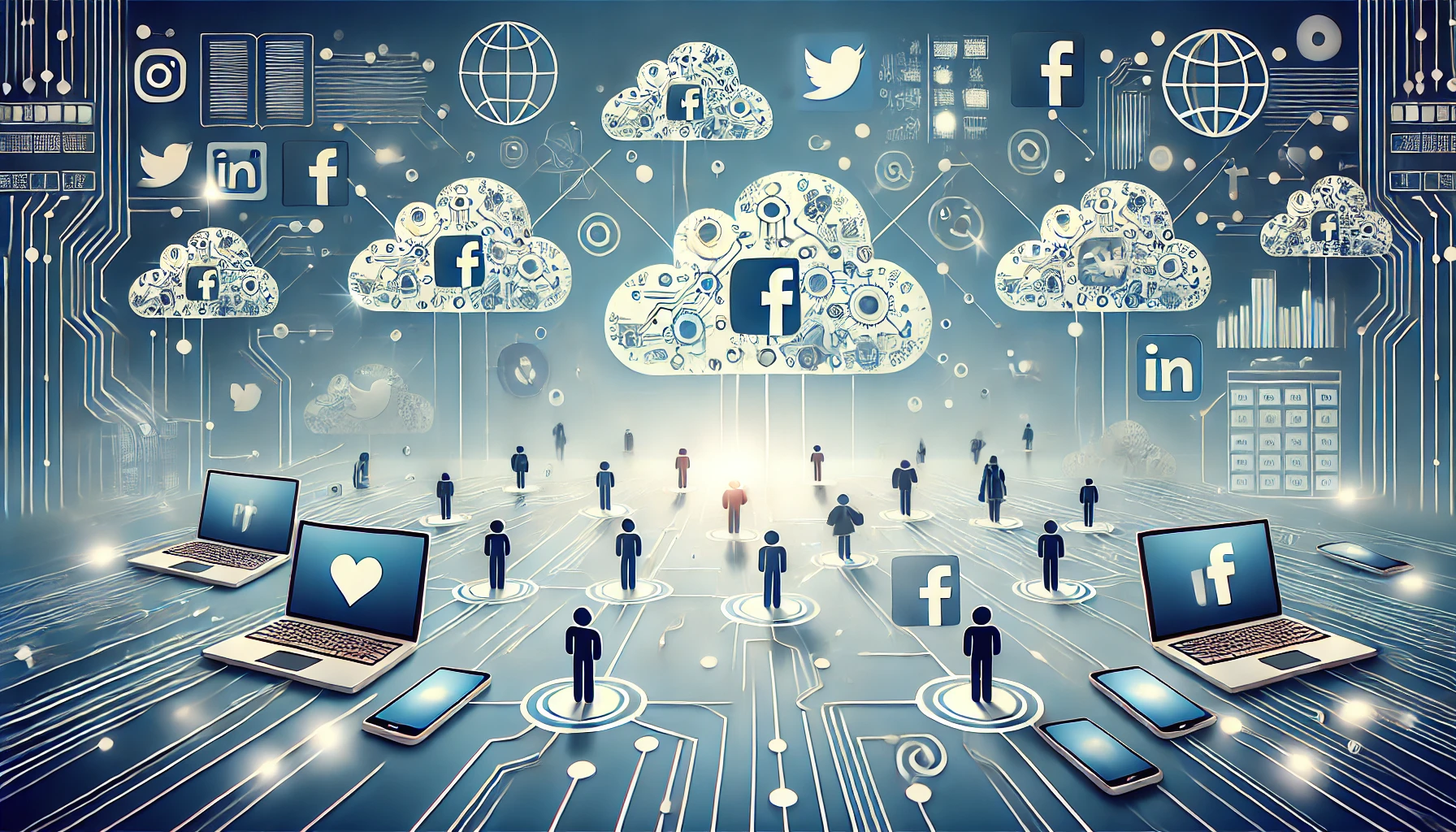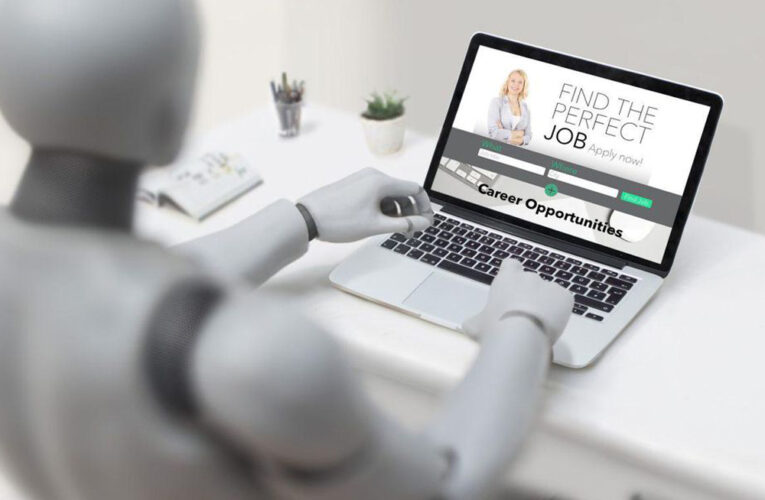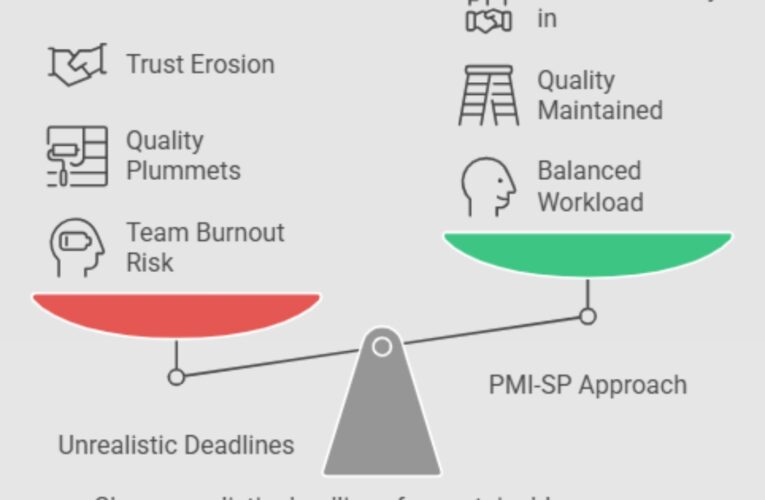Revolutionizing Job Search: How AI Can Apply for Jobs on Your Behalf
Job hunting used to mean sending out resumes one by one. Now, AI is changing this. It can look at job listings, match your skills, and write applications for you.
Before, finding a job took hours of writing cover letters and tweaking resumes. AI now uses data to make your application stand out. This makes the process faster and less stressful.
AI makes job hunting more efficient. It finds jobs that fit you and sends in your application. This lets you spend more time on interviews and networking. Employers also get to review candidates quicker and more accurately.
Understanding the Role of AI in Job Applications
AI tools in recruitment use algorithms to analyze resumes and job descriptions. These systems scan for key skills and experiences. They match candidates to job openings through automated job search platforms.
By comparing data points like education, job history, and keywords, AI efficiently narrows down qualified applicants. This saves time for both job seekers and employers.
Machine learning allows AI systems to recognize patterns in successful hires. For example, if previous hires with specific certifications or experience excelled, the AI prioritizes candidates with those qualifications. This approach reduces human bias by focusing on objective metrics like skills, certifications, and relevant experience.
Automated job search technology streamlines the application process. It can review hundreds of applications faster than traditional methods. This reduces the time spent on initial screening.
Companies use these tools to identify top candidates based on required skills. This ensures a more consistent and fair evaluation process. The technology focuses on skill alignment, helping employers find the best matches quickly.
Benefits and Limitations of AI in Job Search
AI recruitment tools save time and make hiring better. They quickly sort through many resumes, unlike humans. This lets companies focus on the final steps of the hiring process.
These tools also help by looking at skills, not just background. This means candidates get judged fairly. They also get quicker feedback, knowing if they’re a good fit sooner.
AI tools can also suggest jobs that candidates might not have thought of. For example, someone with varied experience might be suggested for a role they didn’t apply for. But, relying too much on AI can miss important details.
Things like teamwork skills or creativity might not show up in data. Algorithms might also prefer candidates who fit a certain mold. This can leave out unique applicants.
Another issue is bias in AI tools. If they’re trained on old data, they might keep making the same mistakes. For example, if a company mostly hired men for tech jobs, the tool might favor male candidates. This could mean missing out on qualified women.
Implementing AI in the Application Process
Companies all over the world are using job search innovation tools to make hiring easier. They start by picking platforms that fit their needs. Tools like LinkedIn Talent Solutions and HireVue use smart algorithms to check resumes, cutting down screening time by up to 70%.
These systems look at candidates’ skills and experience first. This way, recruiters can focus on the best candidates.
Simple interfaces make using the AI auto-job appliers easy. For example, Workday has dashboards for employers to list job needs. The AI then searches databases and suggests candidates immediately.
Training employees to understand AI insights is key. This way, humans and tech work well together. Keeping AI models up to date helps them get better over time, keeping up with new industry standards.
Integrating AI Auto Job Systems in Modern Recruitment
Today’s job search platforms use AI to change how we hire. Tools like LinkedIn Talent Solutions and Indeed’s AI look at candidate data. They find who fits the company culture and has the right skills.
AI quickly sorts through many applications. HireVue uses video interviews to check communication skills. Pymetrics tests traits with games, matching them to company values. This makes hiring fair and fast, helping candidates find the right job.
AI can now understand small details, like what candidates want and what employers need. This makes hiring faster and more rewarding for everyone. As AI gets better, it will keep making job searches more personal and effective.
How AI Personalizes Your Job Search
AI changes job searches by making them personal. It looks at your resume, past jobs, and what you want to do next. This helps find jobs that fit your skills and goals.
Machine learning makes this possible. For instance, LinkedIn’s AI checks your profile and what you like to see. Indeed does the same, showing you jobs that match your skills and where you want to work. These systems get better as you update your info, keeping your job search relevant.
Predictive analytics take it even further. Glassdoor uses trends and what employers need to guess which jobs you might like. This makes finding a job faster and more accurate. It means you spend less time looking and more time interviewing.
Safety, Privacy, and Ethical Considerations in AI Job Applications
When using AI for job applications, safety and privacy are crucial. It’s important to protect personal data from misuse. Employers should keep information safe using encryption and strict access controls.
Laws like the GDPR set standards for handling applicant data. This ensures compliance and keeps personal info secure.
Transparency is key when AI makes hiring decisions. Candidates should know how algorithms evaluate them. Companies should explain how AI systems assess resumes or interviews.
This clarity helps build trust and avoids unfair biases. It’s important to avoid “black box” processes that lack clarity.
Ethical AI use in hiring means avoiding biased outcomes. Algorithms trained on past data might replicate past inequalities. Regular audits and diverse training data help reduce discrimination.
Organizations must monitor systems to ensure fairness. This ensures decisions are fair and inclusive.
Industry guidelines and policies guide ethical practices. Clear rules around data usage and algorithmic fairness protect everyone. Prioritizing ethics in AI systems makes hiring fair and built on integrity.
Conclusion
AI is changing how we apply for jobs. It helps make resumes better, finds the right jobs for people, and does tasks that used to take a lot of time. This makes it easier for everyone involved.
But, we need to watch out for issues like keeping personal info safe and making sure AI treats everyone fairly. These are big challenges we must face head-on.
As AI becomes more common, we must make sure it’s used right. Employers need to make sure their AI tools don’t discriminate. And job seekers should know how their data is being used.
Companies like LinkedIn and HireVue are already using AI to improve hiring. This shows how it can work well if done the right way.
In the end, AI could make hiring a lot better. But, we need to be open and honest about how it works. Knowing about AI in hiring will help everyone in this new world.






